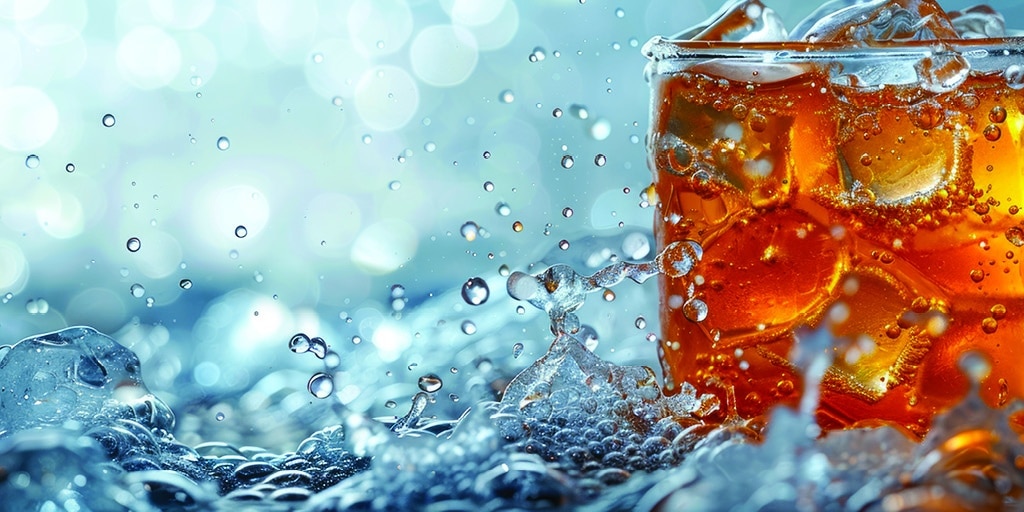Beating the Heat: Four Tips For Older Adults

As the temperatures rise, so do the risks associated with heat, especially for older adults.
Older individuals may not adjust as well to sudden changes in temperature, and with possible chronic health conditions or certain medications, extreme heat may cause negative health outcomes.
Kavod Senior Life is well aware of these potential issues, sharing four best practices to protect people in the second half of life against the heat.
- Stay Hydrated
Why It Is Important: Older adults are at a higher risk of dehydration because they may not feel thirsty as often as younger people, and as mentioned above, certain medications can increase the risk of dehydration.
Tips:
- Drink water even if you don’t feel thirsty.
- Eat water-rich foods like fruits (e.g., watermelon, cucumbers) and vegetables.
- Avoid alcohol and caffeinated beverages, as they can lead to dehydration.
How Kavod Responds: Hydration stations are set up in the lobbies of each building during the hottest days to give residents, staff and visitors easy access to ice cold water (with lemon and cucumber, even!)
- Create a Cool Environment
Why It Is Important: A cool living space is crucial to preventing heat-related illnesses.
Tips:
- Use fans or air conditioning. If air conditioning is not available, consider spending time in public places like libraries, shopping malls, or community centers that are air-conditioned.
- NOTE: Do not rely on fans as your main cooling source when temperatures are extreme for heat.
- Keep blinds or curtains closed during the hottest parts of the day to block out the sun.
- Use light-colored, loose-fitting clothing made of natural fibers like cotton, which are more breathable.
- Try to avoid using the stove or oven to cook – it will make your home hotter.
- Take cool showers or baths to cool down.
How Kavod Responds: A cooling center is set up on campus where the temperature stays at 72 degrees. Residents can get out of their apartments and socialize there without having to go outdoors, helping abate social isolation.
- Dietary Adjustments
Why It Is Important: Certain foods can help keep the body cool and hydrated.
Tips:
- Encourage smaller, more frequent meals that are easier to digest.
- Include hydrating foods like soups, smoothies, and salads.
- Limit heavy, hot foods and opt for lighter fare like yogurt, salads, and chilled fruits.
How Kavod Responds: Kavod staff serves residents cold lemonade and fresh watermelon over the weekend in the cooling center, both terrific ways to stay hydrated.
- Educate and Equip
Why It Is Important: Knowledge and preparation are key to preventing heat-related issues.
Tips:
- Educate yourself about the risks of heat and the importance of staying cool.
- Be aware of the signs and symptoms of heat-related illness
- Have access to emergency numbers and know what to do in case you experience these symptoms
How Kavod Responds: The management team reviews, prepares and hand-delivers updates to residents to best ensure everyone is educated and can take appropriate actions against the heat.
Conclusion
By following these four important steps, older individuals can stay healthy and safe while enjoying all the good things summer has to offer. If you know an older person who would benefit by living in our community, please contact us for a tour, or check out our website for more information. Stay cool, everyone!
Resources
Center for Disease Control: https://www.cdc.gov/extreme-heat/risk-factors/extreme-heat-and-older-adults-aged-65.html#:~:text=Older%20adults%20do%20not%20adjust,control%20its%20temperature%20or%20sweat
National Institute on Aging: https://www.nia.nih.gov/health/safety/hot-weather-safety-older-adults
Harvard Medicine: https://magazine.hms.harvard.edu/articles/effects-heat-older-adults
